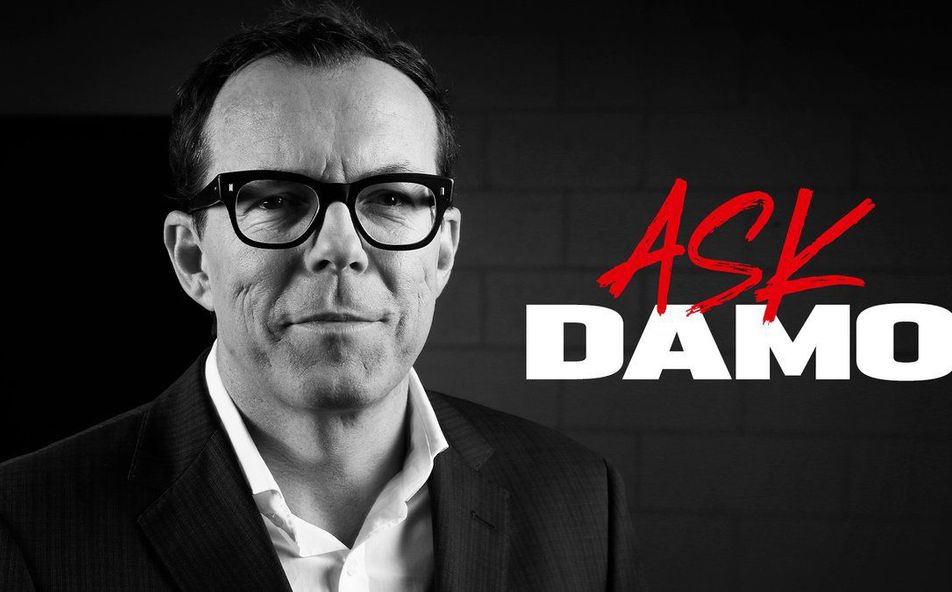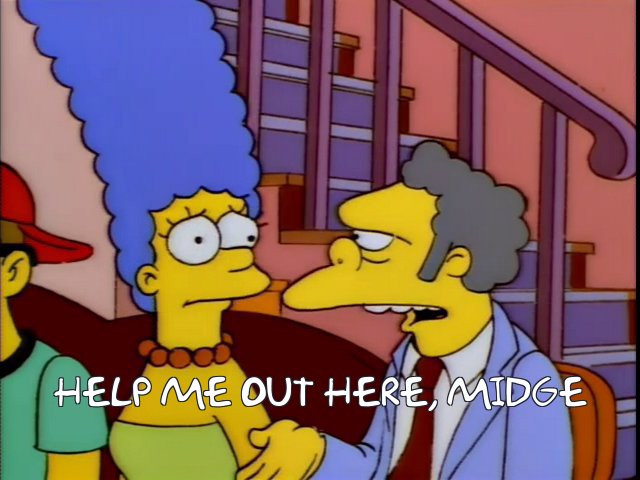- Mar 2, 2015
- 19,401
- 35,186
- AFL Club
- Hawthorn
It's a tough question...
Let's ask hard-hitting, news-breaking, investigative extraordinaire, Damian Barrett
If he can't apply the blowtorch, then who else can?

Can the AFL Actually Beat Concussion Class Actions with these Stupid MRO Decisions?
Damo: [removes his tongue from Gill McLachlan's arse] "It's a no-win situation for the AFL, damned if they do, damned if they don't. I think we all need to take a deep breath and realise what a difficult thankless task they have to do and how they've been navigating their way through this minefield to ensure a fair outcome for all. But I am 100% confident they won't be affected by the current media hysteria and they will do what is best for the game."
Gill: Here, Damo. Here's the 2 tickets to Michael Bublé and that 500 bucks I promised you. Cheers.
(This may or may not be factually correct.)
Let's ask hard-hitting, news-breaking, investigative extraordinaire, Damian Barrett
If he can't apply the blowtorch, then who else can?

Can the AFL Actually Beat Concussion Class Actions with these Stupid MRO Decisions?
Damo: [removes his tongue from Gill McLachlan's arse] "It's a no-win situation for the AFL, damned if they do, damned if they don't. I think we all need to take a deep breath and realise what a difficult thankless task they have to do and how they've been navigating their way through this minefield to ensure a fair outcome for all. But I am 100% confident they won't be affected by the current media hysteria and they will do what is best for the game."
Gill: Here, Damo. Here's the 2 tickets to Michael Bublé and that 500 bucks I promised you. Cheers.
(This may or may not be factually correct.)
Last edited:








